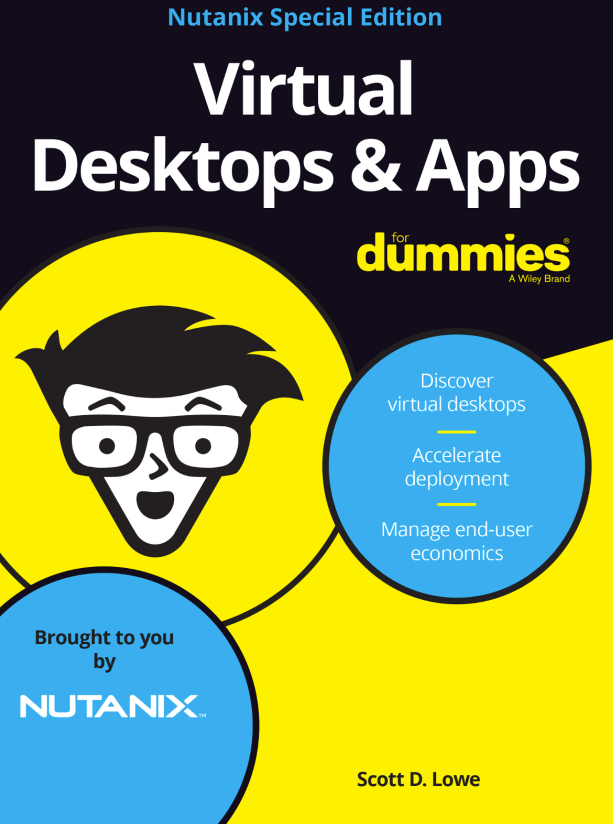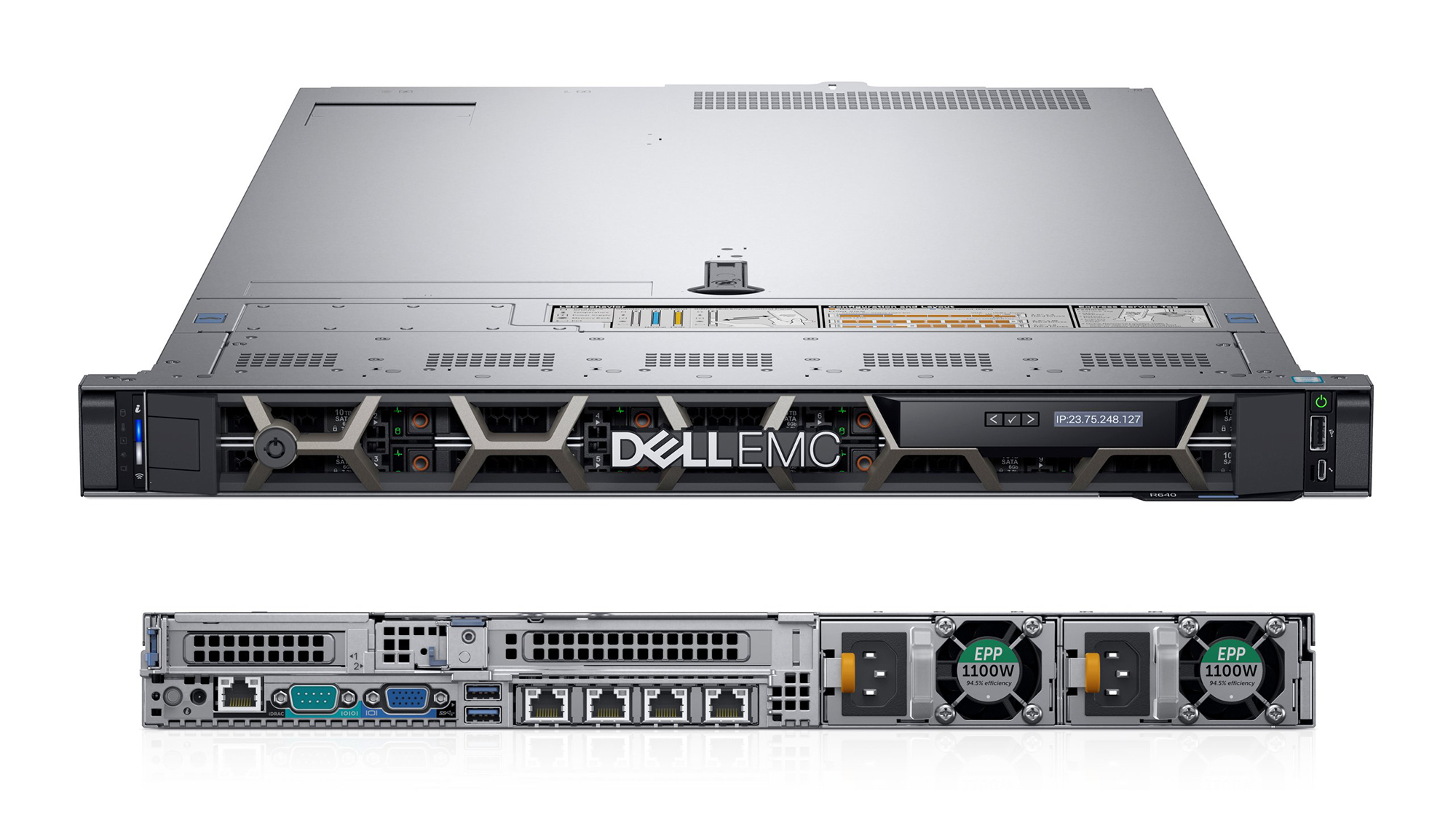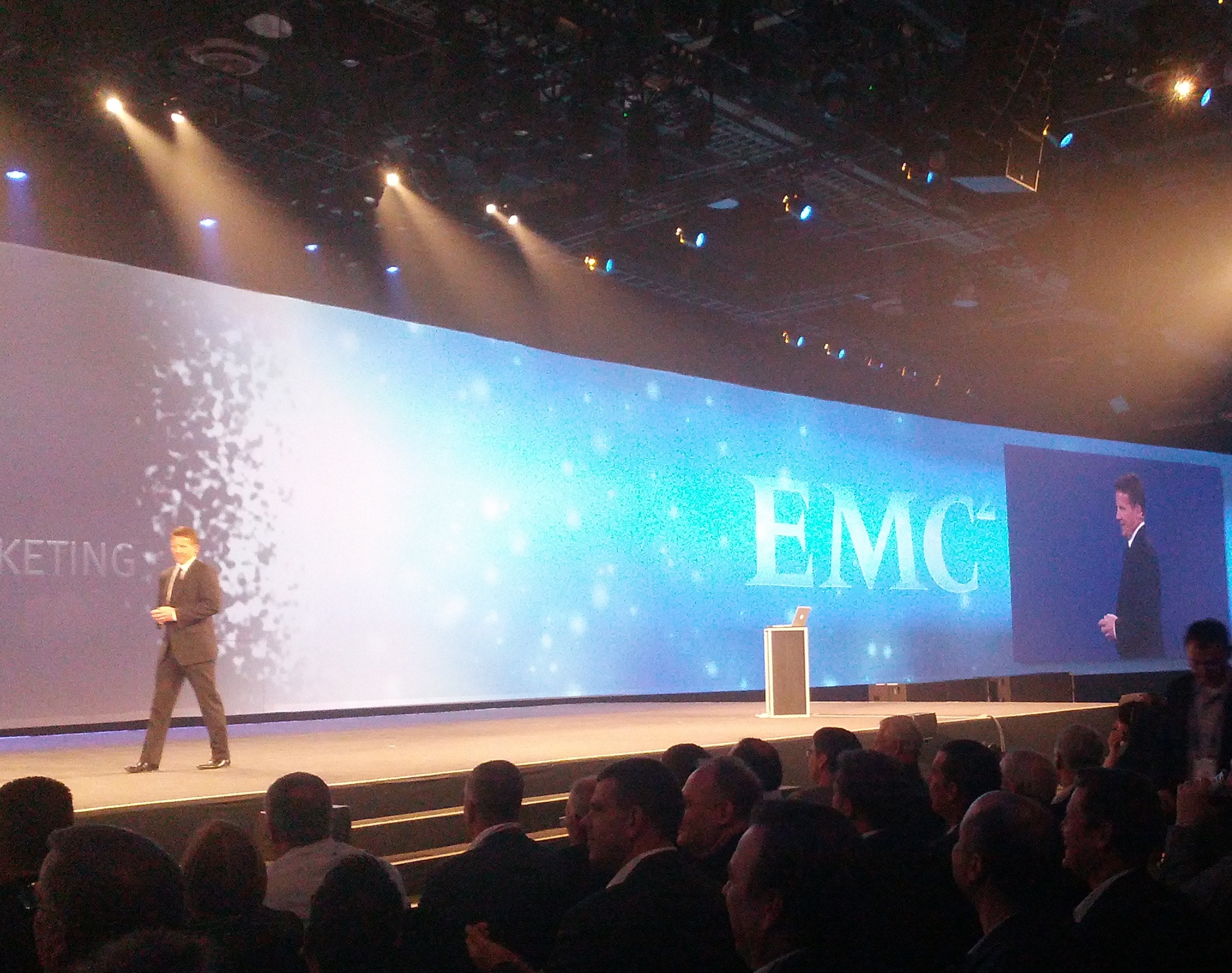Software-defined storage could lose your data, warns HDS
Hitachi Connect 2015: Why you should be wary of deploying commodity hardware

CIOs running software-defined storage on commodity hardware are risking severe data loss, Hitachi Data Systems (HDS) has warned.
The term software-defined storage has plenty of different interpretations within the industry, but is commonly described as a way to separate the software that controls storage tasks from the physical storage hardware.
The trend has benefits like avoiding vendor lock-in, because you can simply buy the storage management programming and pick off-the-shelf commodity hardware, and it's seen start-ups like Nexenta challenge incumbents such as EMC.
But HDS's chief engineer told IT Pro that while the Japanese giant is interested in the technology, it carries big risks for customers.
Speaking at Hitachi Connect 2015 in Las Vegas, Michael Hay said: "It's not for the faint of heart. We do a lot of work with our hardware OEM suppliers and in many cases there were some very high severity data loss issues we had to have them fix or we had to build workarounds [for]."
And he warned that those running storage software on commodity hardware should make sure it's been tested for compatibility.
"Nexenta, they just have the software and you pick your hardware. For us, if customers just want our software, we can give them a list of qualified suppliers, and they can buy off that no problem," said Hay.
Get the ITPro daily newsletter
Sign up today and you will receive a free copy of our Future Focus 2025 report - the leading guidance on AI, cybersecurity and other IT challenges as per 700+ senior executives
"As soon as they deviate from that, we'll really have to talk about what does that mean. A lot of companies just gloss over it, they say it's no big deal, but you lose data.
"As a storage company, how can you actually with a straight face just say 'run it on whatever'?"
One example Hay gave was HDS's object storage system, Hitachi Content Platform (HCP), whose S series suffered 40 separate data loss issues with the OEM, which the pair of vendors had to solve.
And Hay warned that without a significant number of in-house engineers, firms pairing software-defined storage with unqualified commodity hardware would face a challenge trying to solve such problems themselves.
"Unless you're a company who's prepared to go build that talent up yourself, how do you do that?" he said.
HDS itself launched a number of software-defined solutions yesterday at Hitachi Connect 2015, however.
These include an expansion to its range of Virtual Storage Platform (VSP) models, to provide customers with the storage virtualisation capability in different-sized capacities.
Hay said the new VSP range is "pure Intel", and HDS's Storage Virtualization Operating System can either sit on top of Intel's processor, or "replace it all with software".
And Hay admitted: "We're definitely preparing ourselves in case the market shifts one way or the other."
But that balancing act also means HDS is holding onto its hardware design centres, not wishing to get rid of its expertise in this area despite the software-defined trend.
"We still have the talent to build chips - if we find some benefit then we will," said Hay.
He pointed to Intel's mooted takeover of fellow chipmaker Altera, which builds reconfigurable processors, as one innovation that shows hardware can be more than just a commodity.
-
 Cleo attack victim list grows as Hertz confirms customer data stolen
Cleo attack victim list grows as Hertz confirms customer data stolenNews Hertz has confirmed it suffered a data breach as a result of the Cleo zero-day vulnerability in late 2024, with the car rental giant warning that customer data was stolen.
By Ross Kelly
-
 Lateral moves in tech: Why leaders should support employee mobility
Lateral moves in tech: Why leaders should support employee mobilityIn-depth Encouraging staff to switch roles can have long-term benefits for skills in the tech sector
By Keri Allan
-
 Virtual desktops and apps for dummies
Virtual desktops and apps for dummiesWhitepaper An easy guide to virtual desktop infrastructure, end-user computing, and more
By ITPro
-

 Dell EMC PowerEdge R640 review
Dell EMC PowerEdge R640 reviewReviews A versatile, low-profile Xeon Scalable rack server with a big heart
By Dave Mitchell
-
 Why – and how – should I switch my business to virtual servers?
Why – and how – should I switch my business to virtual servers?In-depth With servers increasingly sold as a service, rather than a piece of on-site hardware, is it time to shift?
By Dave Mitchell
-
 Businesses must pay greater attention to third-party risk
Businesses must pay greater attention to third-party riskNews Roles and responsibilities must be agreed on now to avoid blindspots and recriminations
By Jane McCallion
-
 EMC reveals quest to modernise the datacentre at EMC World 2016
EMC reveals quest to modernise the datacentre at EMC World 2016News IT must get most out of existing investments while upgrading, says EMC
By Jane McCallion
-
 EMC open sources more storage software
EMC open sources more storage softwareNews RackHD project aims to make managing storage much easier
By Rene Millman
-
 EMC makes software-defined ViPR open source
EMC makes software-defined ViPR open sourceNews Project CoprHD is being released to the dev community via GitHub
By Rene Millman
-
 EMC takes aim at Big Data analytics with latest solution
EMC takes aim at Big Data analytics with latest solutionNews The new solution offers sophisticated storage, analysis and insight on key data to aid faster decision making
By Clare Hopping